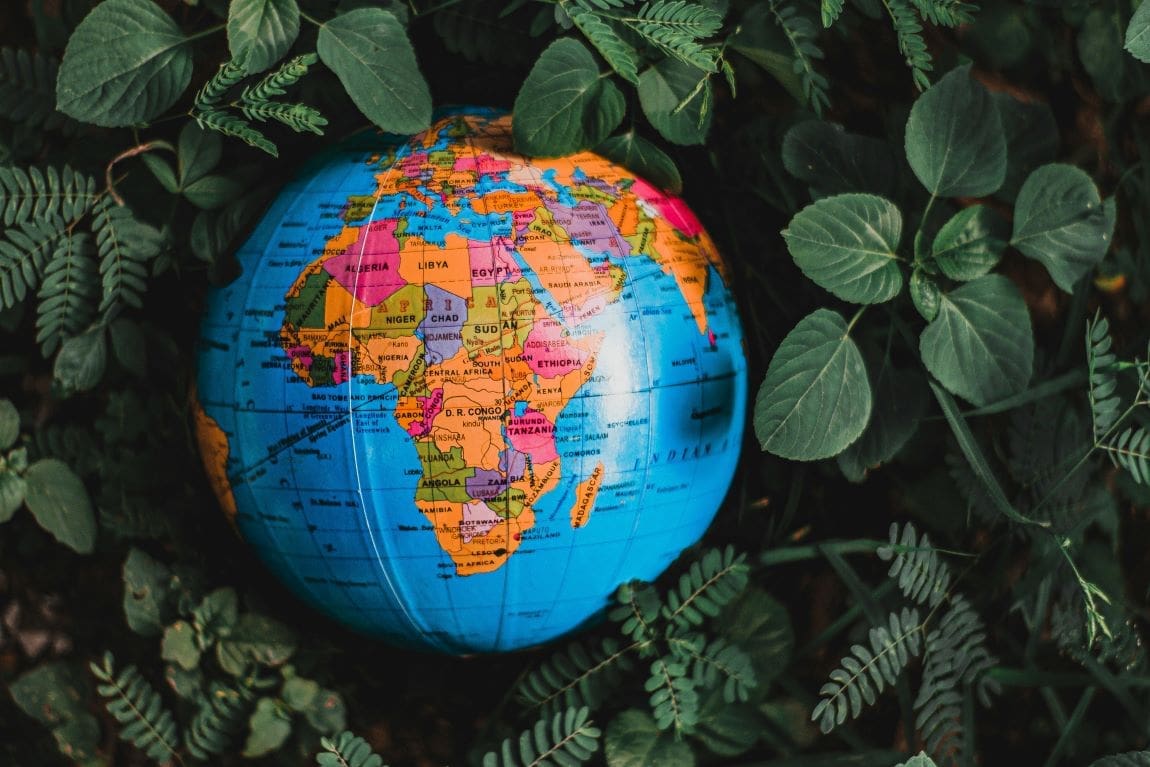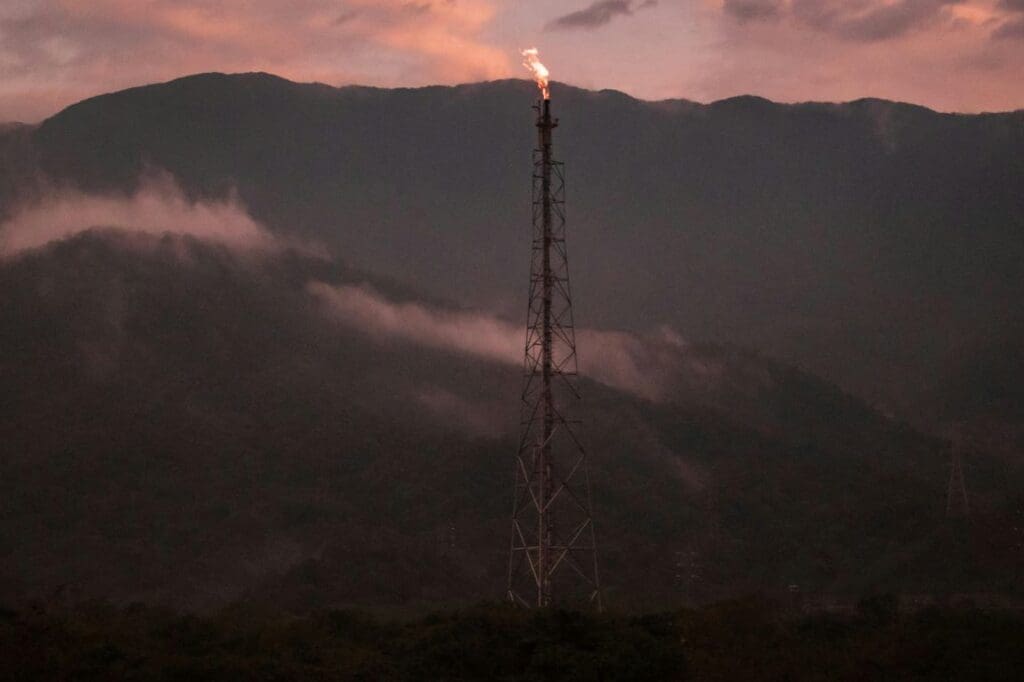Denmark, in collaboration with the European Union, is set to deepen its engagement with African countries, emphasizing equal partnerships and aligning with the continent’s aspirations.
As part of the strategy, Denmark will establish new embassies in Senegal, Tunisia, and Rwanda. Concurrently, it will enhance diplomatic capacities in Egypt, Kenya, South Africa, Nigeria, and Ghana. However, due to military coups that have restricted diplomatic activities, embassies in Burkina Faso and Mali will be closed.
With Africa’s global importance on the rise – projected to host one in four of the world’s population by 2050 – Denmark and the EU recognize the need for robust partnerships on the continent.
Rasmussen highlighted the importance of Africa’s orientation in global politics, stating, “One of this century’s most important foreign policy questions is whether Africa will orient itself more towards the East or the West. We must demonstrate that we offer an attractive alternative to the increasing Chinese and Russian influence on the continent.”
The strategy underscores the importance of bolstering Denmark’s trade and investment in Africa. Denmark will strengthen the Investment Fund for Developing Countries (IFU) and the Export and Investment Fund of Denmark (EIFO) to support Danish businesses and foster economic growth in Africa. Additionally, the Ministry of Foreign Affairs will reduce the cost of advisory services for Danish companies operating in Africa.
Minister Jørgensen emphasized the demand for Danish expertise in green sectors, particularly water technology, which is critical as African countries face escalating climate challenges. Denmark plans to allocate over DKK 1 billion for new bilateral water initiatives in Africa, including DKK 425 million in 2025 alone.
Reinforcing diplomatic presence and security cooperation
To support the growing diplomatic and security needs, Denmark will deploy 10 additional diplomats across Africa by 2026 and appoint a Special Representative for the African Great Lakes and Sahel Region. This role will be pivotal in maintaining Danish involvement in Sahel and advancing interests in the Great Lakes region, crucial for Denmark’s position in the UN Security Council.
Denmark’s evolving strategy reflects a broader European commitment to fostering meaningful, equitable partnerships with African nations, ensuring mutual growth and addressing global challenges together.
For more detailed information, you can access the full strategy document on the Ministry of Foreign Affairs website: Africa’s Century Strategy.
Source: Ministry of Foreign Affairs
Featured image credit: Nothing Ahead | Pexels




